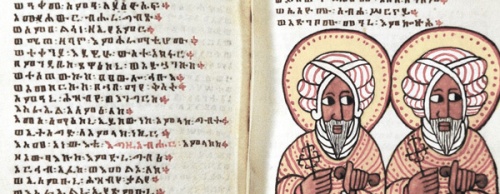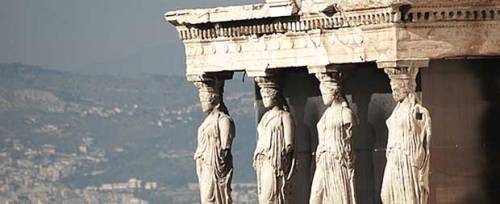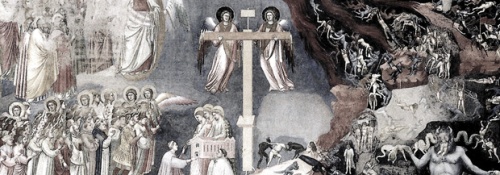I would like to post an expanded version of a short article that I originally shared in November 2013. It fits well with the Easter season. The original title is My Very Own Historical Jesus and can also be found in the archives in its original form. Please feel free to comment. Continue reading
Category Archives: Origins
Introducing Hinduism
It was especially difficult to introduce Hinduism to the students of the World Religion class. The many religious traditions of India are intertwined throughout a long and complex history; and maybe we are wrong in our attempt to discern a single religion that we can call Hinduism.
Until the diverse traditions of Indian religion are properly separated by their history, practice, origin or language, we are left with the modern habit of introducing Hinduism as a single, multifaceted religion with dozens of important texts, and practices, spanning over three thousand years.
The following post presents an easy-to-follow orientation to studying Hinduism. Please feel free to comment.
Filed under Easy Categories, Origins, Religious Literacy, Revelation
Exegesis and other big words
The rediscovery in the late nineteenth century of the Assyrian Empire in the north of present-day Iraq and, soon after, the rediscovery of the Sumerian civilization in the south, all began with an archaeology intending to find the civilizations mentioned in the Hebrew Scriptures.
Although archaeology has gone its own way, the science of archaeology began with biblical archaeology. The exegesis – the critical explanation or analysis – of ancient sacred texts began with the religious exegesis of scripture. Religious exegesis is the intense religious study of sacred scripture.
Filed under Origins, Religious Literacy
In the Mayan Jungle
The Maya1 jungle, as far as the eye can see, has swallowed up the ancient Maya cities and along with them, their ancient religion.
We explored four Maya archaeological sites in two days! Not to mention, swimming with sea turtles, exploring underground lakes and burning up in the oppressive Mexican sun. When we got to the top of the highest of the Maya temples that have been cleared of trees, our guide, of Maya descent, could point out the vast 80 km2 territory that was once the enormous Maya stone city of Coba.
1 see comment by Finkus Bellum below
Filed under Origins, Religious Literacy
Your Angel, My Devil
One of the more popular topics of discussion in the World Religions class is the subject of angels and demons.
Most ideas about angels, devils and demons do not come from sacred writings but more often come from stories, traditions and the arts adjacent to an adherent’s religion. Continue reading
Filed under Origins, Religious Controversy, Religious Literacy
Too Many Religions! part II
The objective of my categories is to orient the student once and for all into religion as a topic of study.
The seven categories are:
- Prehistoric Religion
- Indigenous Religion
- Ancient Religion
- The Hindi Religions
- Religions of China
- The Abrahamic (or Revealed Religions, if you like)
- Modern Religion
It is very important to note that, in my system of categories, I ignore the claims made by any one religion. Many of the modern religions, for example, consider themselves to be a continuation of – or, often, a singularly orthodox expression of – Christianity, Buddhism, Hinduism, Islam, or one of the ancient religions. Continue reading
All Scripture is Sibylline
The obscure nature of sacred writing, or any ancient text for that matter, can be surprisingly discouraging for the student of religion. So much of religious scripture is ambiguous and often unintelligible.
Filed under Origins, Religious Literacy
My Very Own Historical Jesus
For the good Christian, the four Gospels of the New Testament are central to belief in Jesus. These gospels (the Christian revelation) are often referred to as the canonical gospels to distinguish them from the many other gospels and writings that belong to forms of Christianity that did not survive or, for other reasons were not included in the Bible.  The canonical Gospel we know as The Gospel According to John contains over a dozen stories not found in the three earlier Gospels. The most startling of these stories is that of the apostle Thomas who would not believe his friends and peers who claimed that Jesus had come back from the grave and was alive. Continue reading
The canonical Gospel we know as The Gospel According to John contains over a dozen stories not found in the three earlier Gospels. The most startling of these stories is that of the apostle Thomas who would not believe his friends and peers who claimed that Jesus had come back from the grave and was alive. Continue reading
Filed under Origins


















